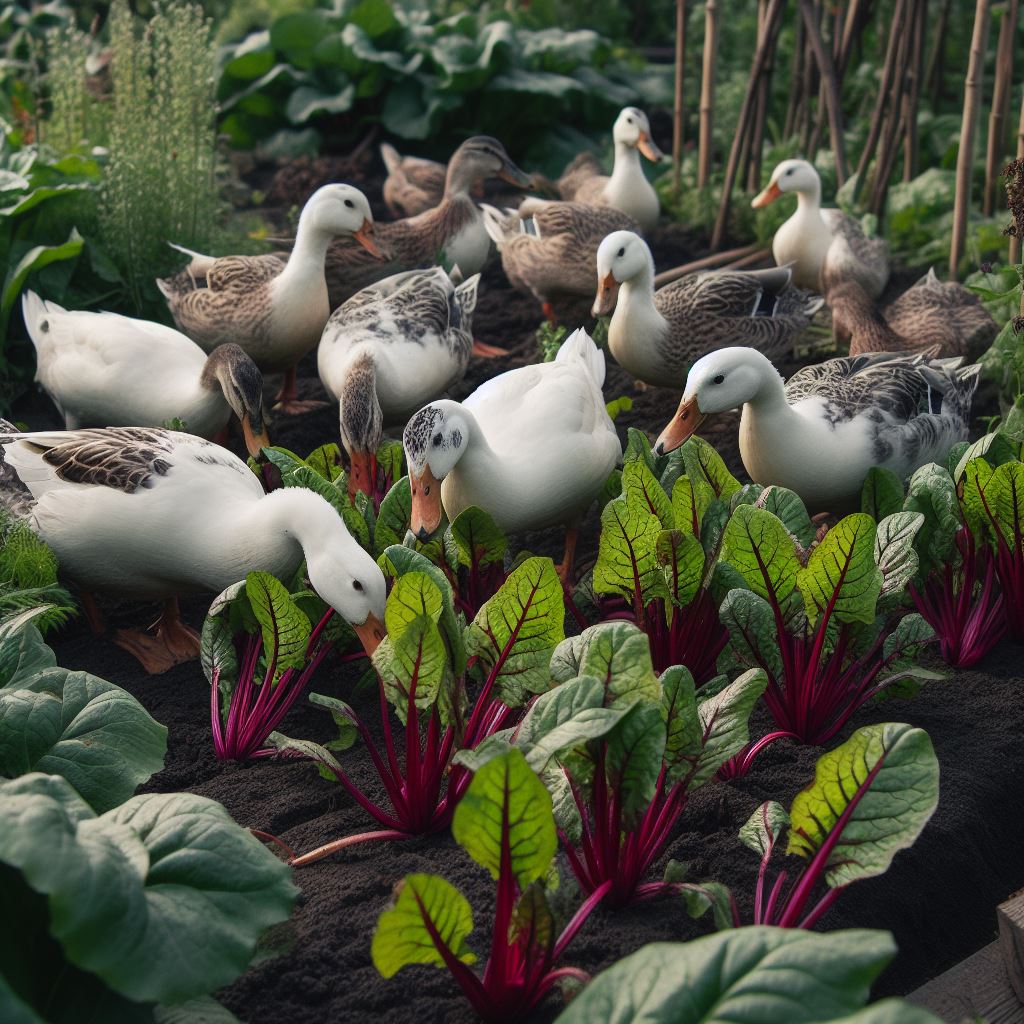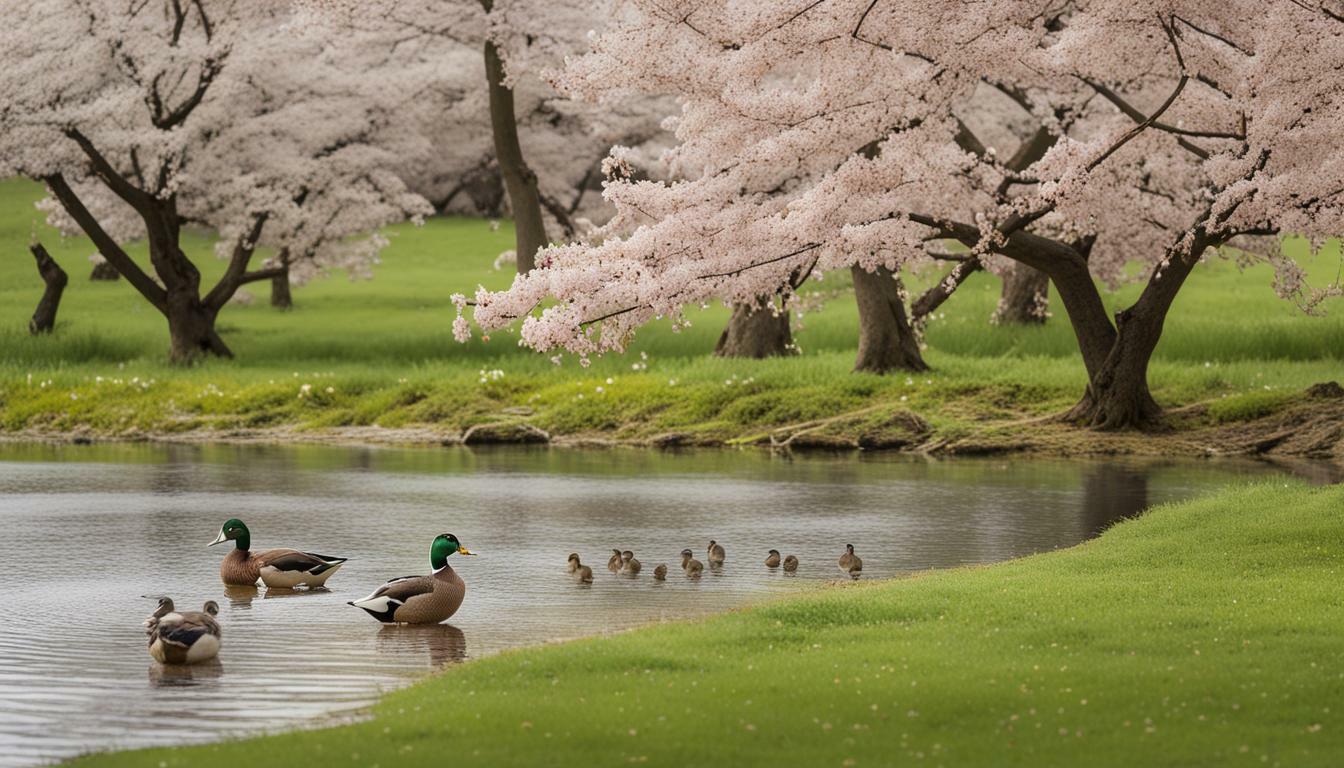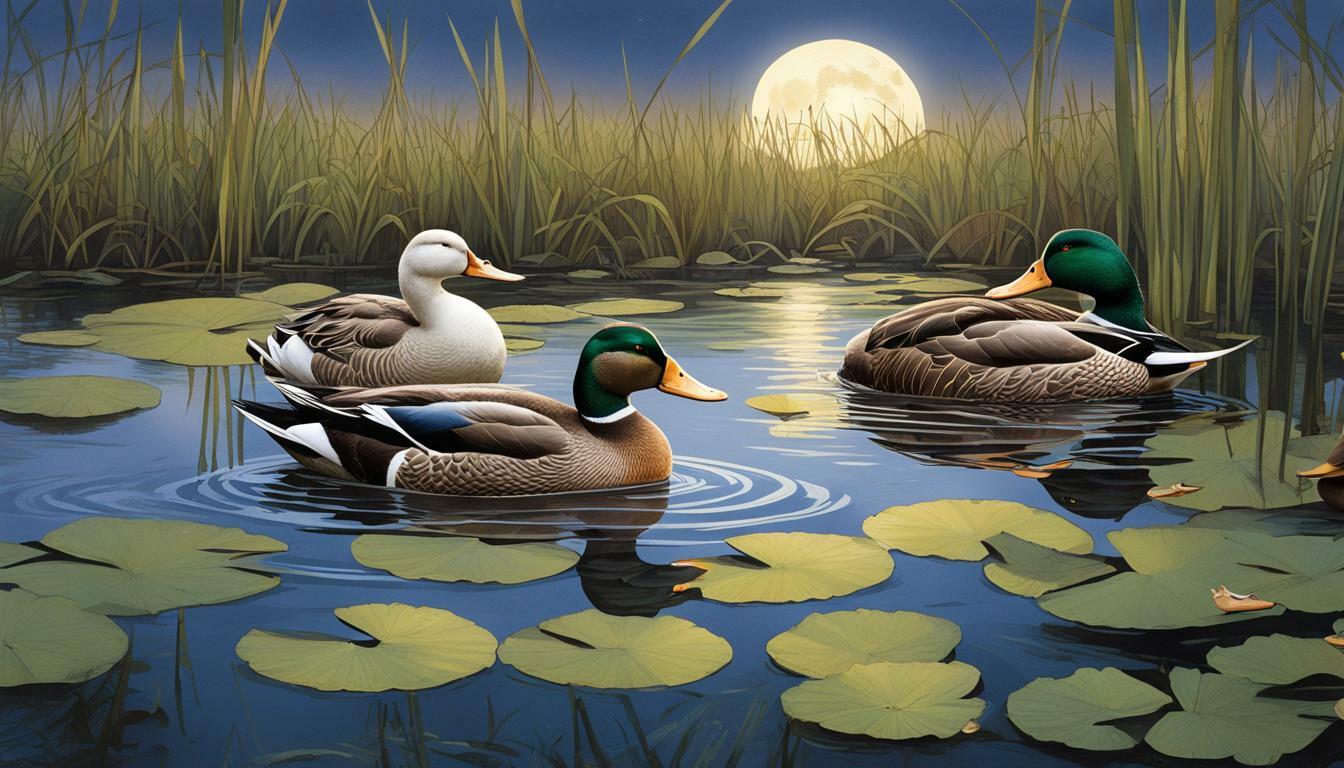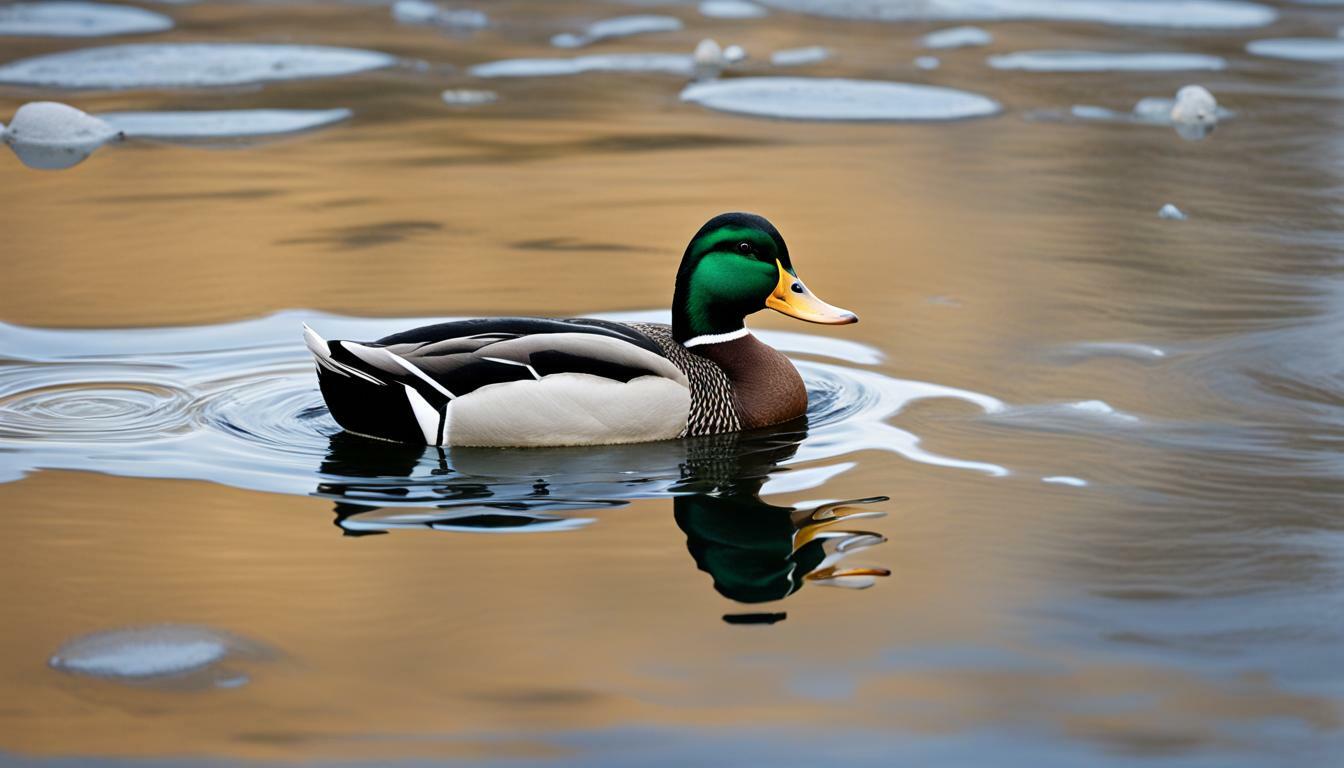Can You Feed Popcorn to Ducks? The Pros, Cons and Safety Tips
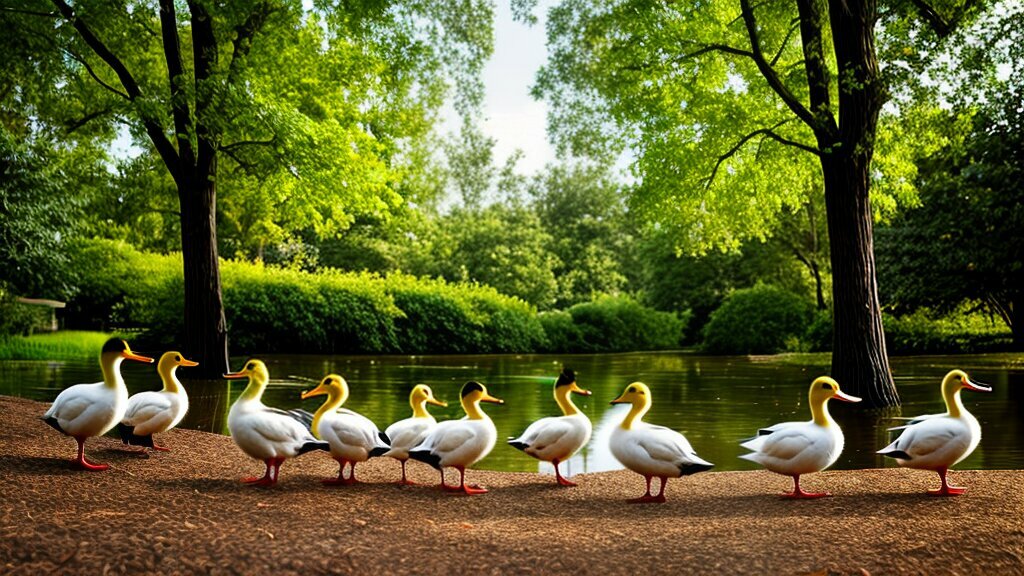
Table of content:
Have you ever wondered if you can share your popcorn snack with the ducks at the park? Popcorn seems like a harmless treat, but is it actually safe and healthy for ducks to eat? As an animal lover, you want to make sure you aren’t harming ducks by feeding them inappropriate foods.
In this article, we’ll explore the pros and cons of feeding popcorn to ducks. We’ll discuss the different types of popcorn and parts of the popcorn snack, and analyze the nutritional value and risks. You’ll also learn expert recommendations on what human foods are safe and nutritious for ducks. By the end, you’ll know how to make the best decision for duck health if you want to share a snack.
Popcorn’s Appeal as a Duck Treat
At first glance, popcorn appears to be an ideal snack to feed ducks and waterfowl. Ducks are omnivores, meaning they eat both plant and animal materials. So a grain-based food like popcorn could align well with a duck’s natural diet.
Popcorn is also convenient, affordable and easily accessible at most parks or ponds where ducks gather. Families and children are likely to have popcorn on hand to share with eager, quacking ducks waddling towards them. Who can resist tossing a handful of popcorn to a cute duck?
There’s also something whimsical and lighthearted about feeding popcorn to ducks. The sight of ducks catching floating popcorn brings delight, especially to kids. The activity can feel like connecting with nature. So it’s understandable why many well-intentioned people assume popcorn is a perfect and wholesome snack for ducks.
Nutritional Value of Popcorn for Ducks
To determine if popcorn is truly safe for ducks, let’s break down its nutritional value. There are a few ways ducks might consume popcorn – dried, popped or unpopped kernels.
Unpopped popcorn kernels could pose a choking risk, especially for young ducklings. Adult ducks may ingest and digest them, but the kernels provide minimal nutritional value. They are high in carbohydrates but low in protein, fat, vitamins and minerals.
Popped popcorn delivers airy carbohydrate content without meaningful protein, healthy fats, fiber or nutrients. The popping process may also cook away beneficial antioxidants in the corn kernels. So while popped popcorn fills hungry duck bellies, it doesn’t provide much lasting energy.
Any seasonings, salt or butter on the popcorn could also cause issues. Ducks’ digestive systems aren’t designed to process high amounts of sodium and other flavor additives. Overall, regular popcorn lacks the balanced nutrition that ducks need.
Health Risks of Feeding Ducks Popcorn
Beyond minimal nutritional value, there are a few health risks to consider when feeding ducks popcorn:
- Choking hazard – Whole, dried kernels can get lodged in ducks’ throats. This is especially dangerous for young ducklings.
- Digestive issues – The high carbohydrate, low protein and fiber content of popcorn could disrupt ducks’ digestive systems, which are adapted to their natural diet.
- Obesity & malnutrition – Filling up on popcorn may lead to excessive weight gain in ducks while depriving them of nutrients.
- Mold exposure – Stale, old popcorn can grow mold, which could sicken ducks when ingested.
- Sodium & additives – Seasonings and butter can be harmful to ducks not accustomed to such additives.
The greatest risk is ducks filling up on popcorn and then not having an appetite for the rest of their natural diet. An occasional handful of popcorn may not cause harm, but regular feedings could lead to malnutrition or obesity over time.
Expert Recommendations Against Feeding Ducks Popcorn
Many wildlife officials and waterfowl experts advise against offering popcorn to ducks. Organizations like the Royal Society for the Protection of Birds (RSPB) caution that bread and popcorn provide “empty calories” and encourage undesirable begging behavior in ducks.
The Ohio Department of Natural Resources states: “Do not feed popcorn…to waterfowl. Not all of the kernels pop during the popping process. Unpopped kernels are hard and indigestible for ducks and geese and can injure their internal organs.”
Biologists also warn that improper feeding by humans causes overcrowding, pollution, delayed migration and inter-species competition among ducks and other waterfowl. This demonstrates how feeding ducks popcorn can have unintended ecological consequences.
Healthier Human Food Alternatives for Ducks
Rather than popcorn, there are several healthier human food options that provide ducks better nutrition:
- Chopped kale or spinach – Provides vitamins and minerals.
- Diced grapes or berries – Gives antioxidants and natural sugar.
- Oats, barley or rice – High in carbohydrates for energy.
- Seeds or vegetable scraps – Good source of fiber.
- Mealworms or crickets – Delivers protein and fat.
The key is to offer variety and moderation. Avoid large amounts of any single food. Cut or mash items to prevent choking. Prioritize nutrient-dense fruits, veggies, grains and proteins while avoiding junk food.
Best Practice Tips for Feeding Ducks
If you want to feed ducks safely, keep these responsible feeding tips in mind:
- Avoid popcorn – Stick to healthy natural grains and produce rather than empty processed snacks.
- Prevent choking – Chop, mash or soak hard foods. Avoid unpopped kernels.
- Watch portions – Don’t overfeed. Provide small amounts and let ducks forage naturally too.
- Avoid additives – Don’t give seasoned or salted foods. Choose plain fresh options.
- Scatter feed – Spread out food to prevent crowding and aggression. Don’t allow begging.
- Keep area clean – Feed away from waterways. Don’t leave leftover food or litter.
- Consult experts – Check with local wildlife authorities for additional regional advice.
With proper precautions, you can certainly feed ducks appropriate foods that will nourish them. Just be sure to do your homework first.
Conclusion: Yes, But Beware of the Risks
So can you feed popcorn to ducks? The verdict is yes, ducks can and will eat both popped and unpopped popcorn if offered to them.
However, wildlife experts agree that popcorn should be avoided as a main food source. While small amounts of popcorn are unlikely to cause immediate harm, regular feedings could lead to malnutrition, obesity and other health issues over time.
The safest approach is to treat ducks to a diverse diet of fruits, vegetables, heart-healthy grains, seeds and protein sources. Leave the salty, fatty, sugary human junk foods like popcorn out of your duck snacks.
If children want to share a treat with ducks, provide small pieces of nutritious foods like chopped grapes or berries instead of popcorn. This teaches them to feed ducks responsibly while still letting them bond with nature.
With some common sense precautions about popcorn and moderation with overall feedings, we can allow ducks an occasional nibble while still respecting their wild needs and behaviors. Supporting ducks’ natural ability to forage helps them remain healthy and thriving in their aquatic environments.
So next time you’re tempted to toss popcorn to those quacking ducks, reconsider. With a little planning, you can find alternative snacks that make ducks happy while keeping their best interests in mind. A healthy diet will give them the energy they need to splash and waddle their duck days away.
Welcome. I’m Adreena Shanum, the proud owner of this website, and I am incredibly passionate about animals, especially poultry. I founded adreenapets.com as a labor of love, stemming from my desire to share my knowledge and experiences with poultry enthusiasts worldwide.


